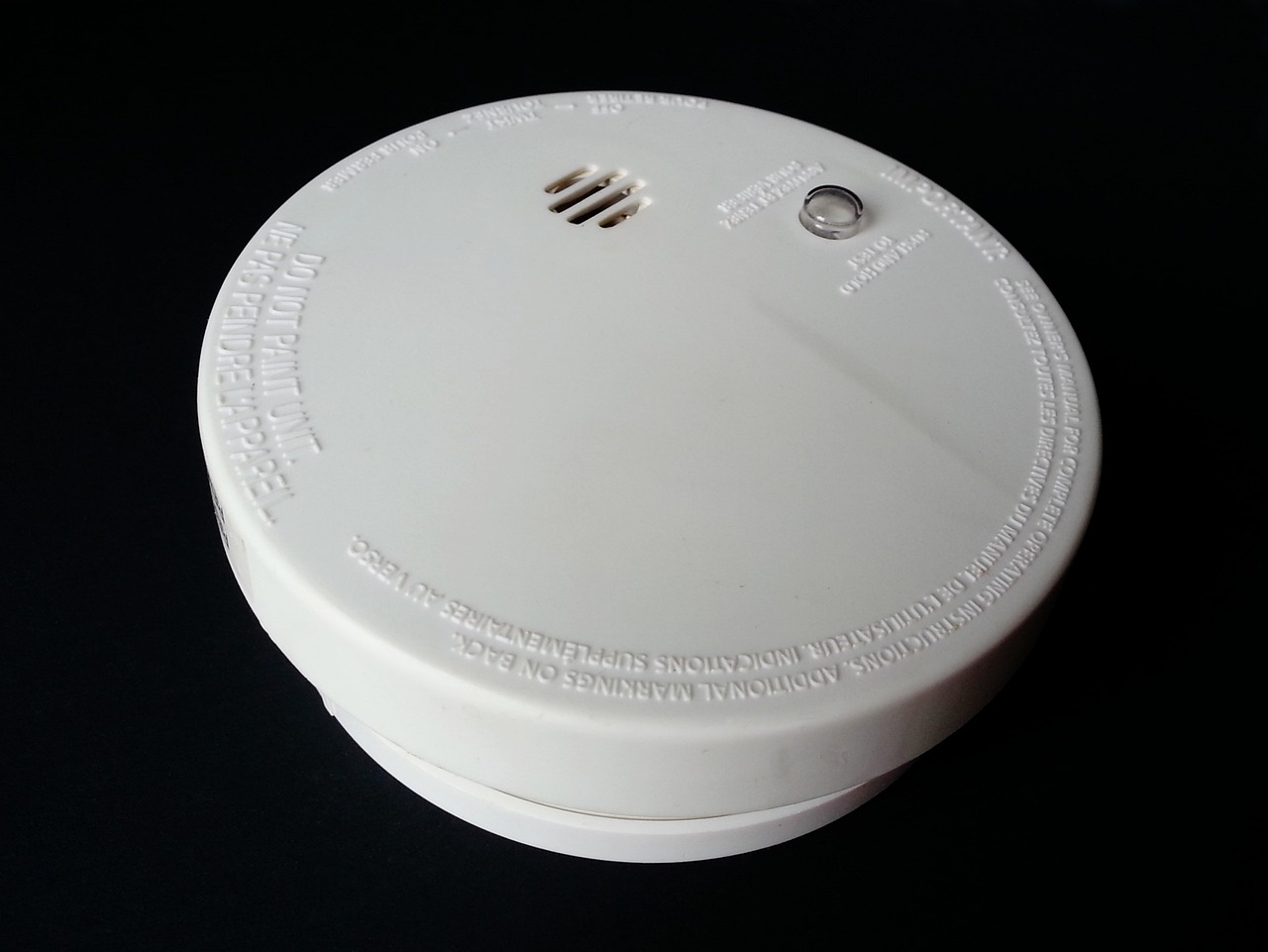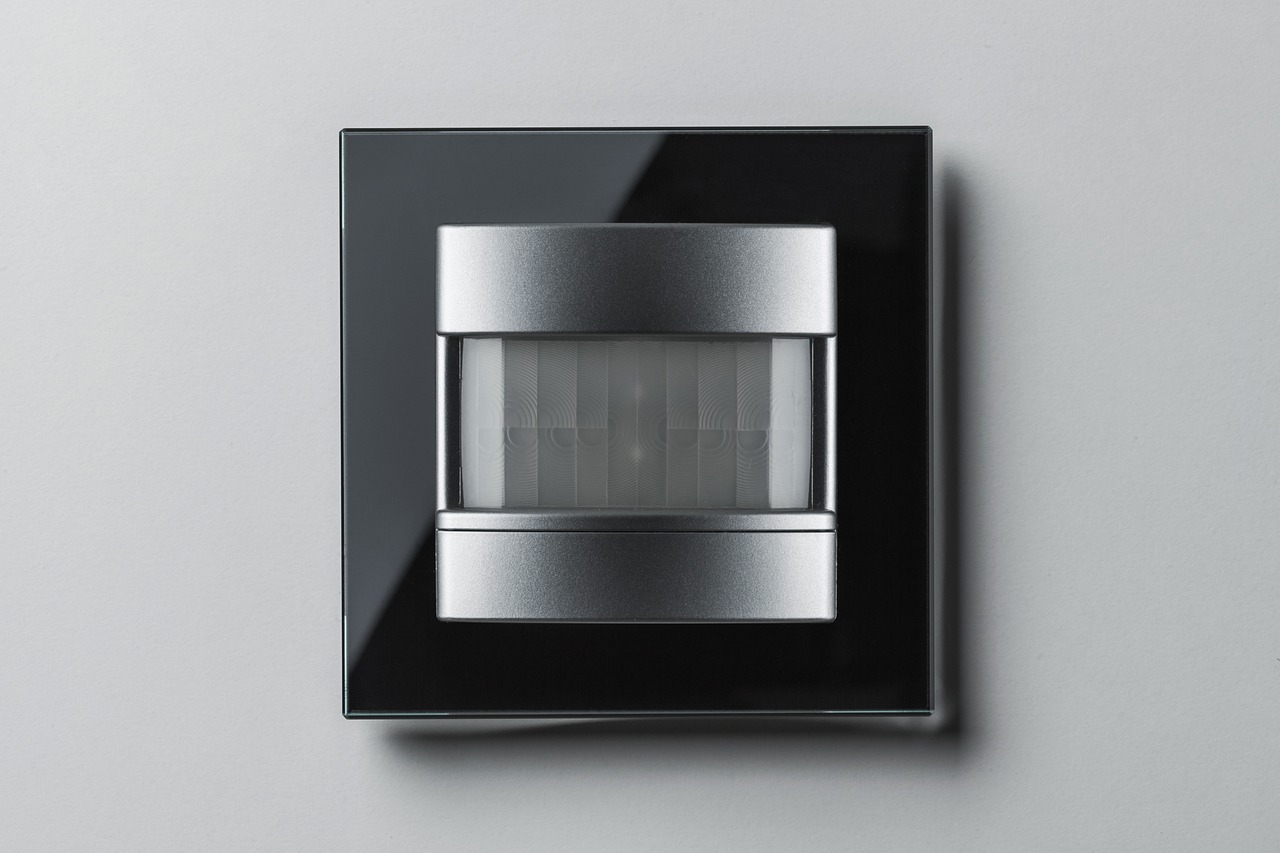Currently Empty: $0.00

Smoke detectors in all the houses around are a safety measure against some potential threats of fire in our living houses. Usually, they are designed to alert us quickly when danger is approaching, but sometimes it goes off without any provocation and most people are left puzzled with frustration.
It’s essential to understand why this might be happening and how it is solved if your smoke Findor seems to be sounding off for no apparent reason. this point considers the mechanisms of grass alarms contingent causes of triggers and real-world remedies to pass pesky specious alarms
How Do Smoke Detectors Work?
Smoke Findors are difficult in early fire Findion. They are two types:ionization smoke detectors and photoelectric smoke detector seach using a different technology for detect smoke in the air.

Ionization Smoke Detectors
Such types of Findors have put a little volume of radioactive substance between two electrically charged plates in order to ionize the air and create flow of current between them. Ionization detectors are very sensitive to quickly flashing fires, such as those caused by burning paper or oil.
Photoelectric Smoke Detectors
Photoclectric detectors, on the other hand, employ a light beam that is illuminated into a sensing chamber.
These type a more sensitive sense of slower smoldering fires comes from these, such as those coming from a couch or bedding.

Many modern homes are equipped with hard-wired smoke detectors that are interconnected, meaning if one alarm is triggered, all the alarms in the house will sound simultaneously. Popular brands like Kidde smoke detectors offer both ionization and photoelectric options, often combining them for optimal safety.
Why Do My Smoke Detectors Keep Going Off?
when your smoke detector starts sounds for with any reasons It’s frustrating in middle night. Several factors could be responsible for these mysterious alarms:
1. Low Battery
A backup battery must also be present in the hard-wired smoke detector in case electricity is cut off. If this becomes low, it may make the alarm beep erratically. Easy: replace with a new one.
2. Accumulated Dust and Debris
With time, dust, dirt, and even small insects may accumulate in the sensor chamber of your smoke detector. Thus, for prevention, vacuum or use a can of compressed air in cleaning your smoke detectors often.
3. High Humidity or Steam
Smoke detectors are sensitive to the air. High humidity from cooking or taking showers can sometimes act as particles of smoke, and when this happens, an alarm is sounded. Install smoke detectors far enough from bathrooms and kitchens to prevent this occurrence.
4. Temperature Changes
Rapid changes in temperature, such as those caused by heaters or air conditioners, can set off a smoke alarm. For instance, opening an oven or using a space heater near the detector can create enough heat to trigger the alarm.
5. Electrical Issues
For hard-wired smoke detectors, electrical surges or loose wiring can cause false alarms. Ensure the detector is securely connected to its power source, and if problems persist, consult a professional electrician.
6. Old or Expired Smoke Detectors
A smoke detector does not last forever. Most last for roughly 10 years. They can also start to become unreliable within this period. if your grass sensor is nearing the close of its spirit take replacement it to keep to protect you
What Can Set Off a Smoke Detector?
Knowing what might trigger your smoke alarm helps avoid false alarms and ensures the device would not fail when it is supposed to. Here are some common things that will make your smoke detectors activate:
- Smoke from Cooking: Although very little smoke might come from burnt toast or frying, this will activate sensitive smoke detectors.
- Cigarette Smoke: Though rare, concentrated cigarette smoke is one of the known ones to set off smoke detectors especially if installed near the source.
- Aerosols: Hairspray, deodorants, and many cleaning sprays emit solid particles suspended in air, which might trigger a smoke detector due to these particles.
- Insects: mall insects crawling into the sensor chamber can act as minor obstructions that can cause a false activation.
- Power Interruptions: An abrupt loss or surge of power in a hardwired smoke detector sometimes causes it to momentarily sound off.
How to Replace Smoke Detector Batteries
A smoke alarm kept in good working order is one that will function when you need it to. Here’s a step-by-step process for replacing the batteries in your smoke detector:
Step 1: Safety First
Before you begin, switch off the electricity to your smoke detector at the circuit breaker if it is hardwired. This prevents any accidental electric shock.
Step 2: Remove the Detector
Remove or unclip the smoke detector from its mounting bracket twisting it out/undoing its clip. Some models may require a screwdriver.
Step 3: Open the Battery Compartment
Most smoke detectors have a small compartment that houses the battery.
Step 4: Replace the Battery
Pull out the old battery and install a new one. Ensure the battery will sit in the proper positions regarding positive and negative terminals.
Step 5: Test the Detector
Once you have replaced the battery, turn the detector’s test button. It should give a loud beep to confirm that it is working properly.
Step 6: Reinstall and Turn On the Power
Once you’ve tested the device, reattach it to its bracket and turn the power back on at the circuit breaker.
Conclusion
It is really important that your smoke detectors Kidde smoke detectors or any other brand-be in proper working condition. Otherwise, you might be exposed to false alarms that risk danger up to five times. This would be avoided as long as you know the basics of how these devices work and what normally triggers them.
If these keep on happening, but nothing triggers off the alarm signals for specific reasons, then it’s already high time to seek an upgrade to a new model that is more reliable. And in case of persistent problems, always turn to the user manual you have with your smoke detector or contact the manufacturer.


